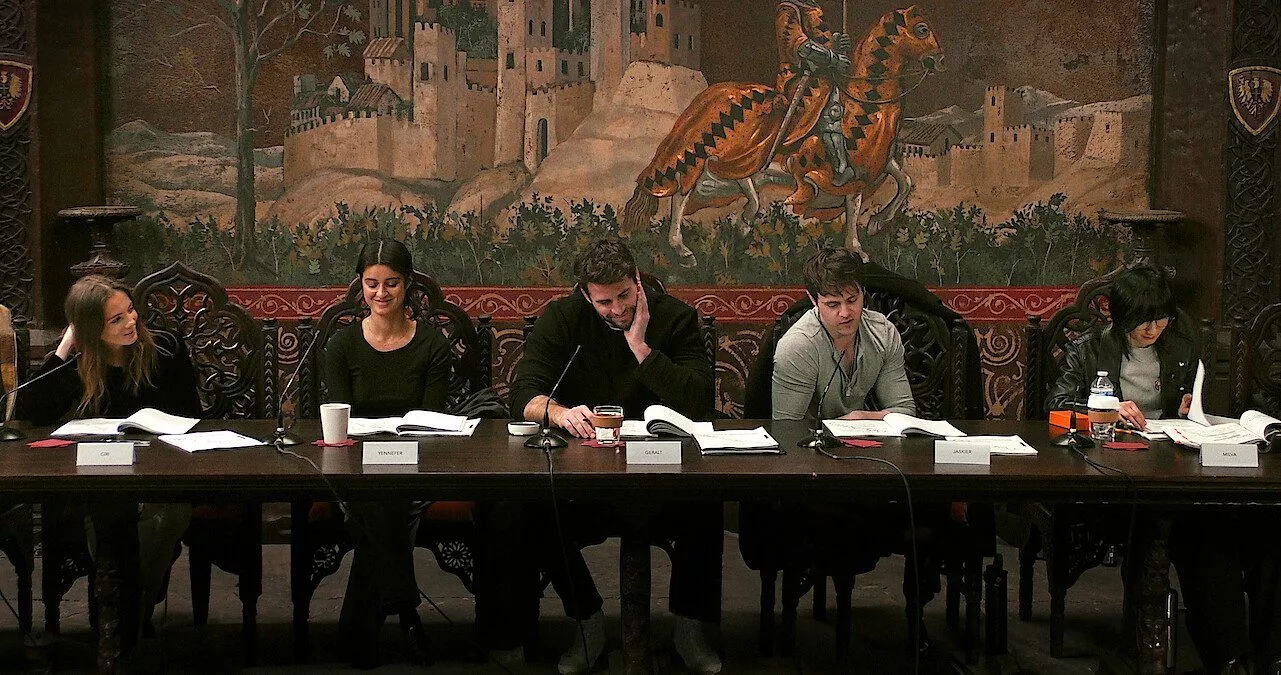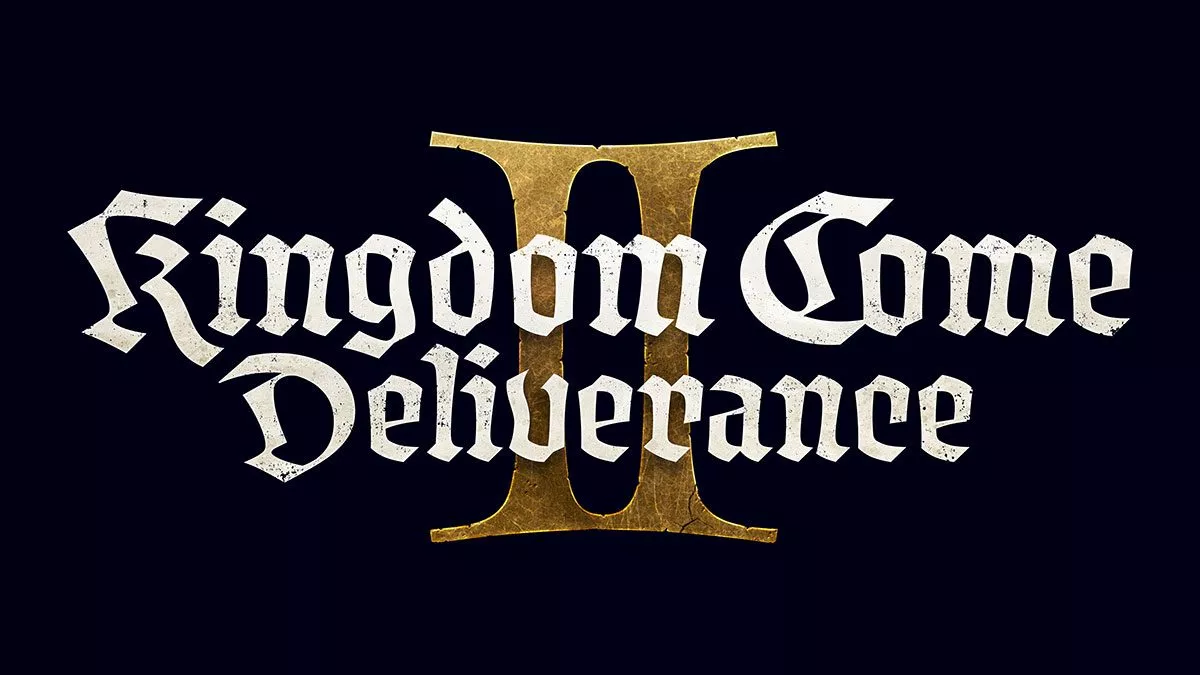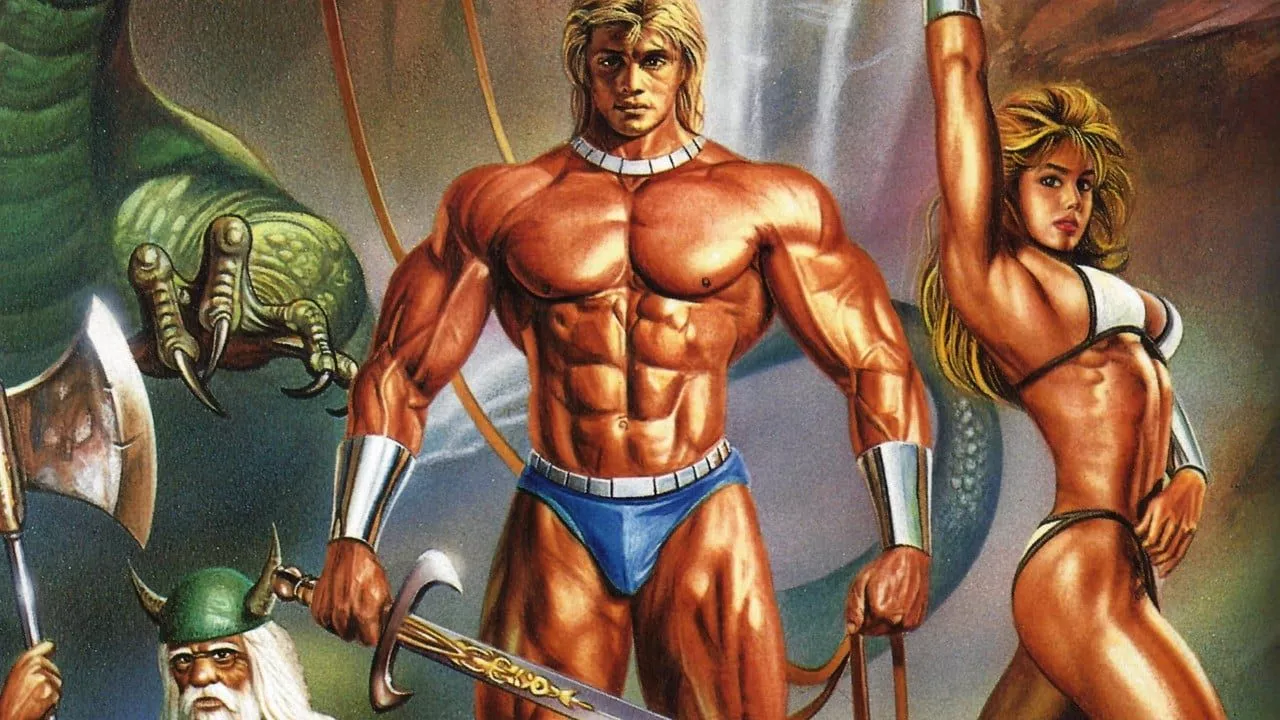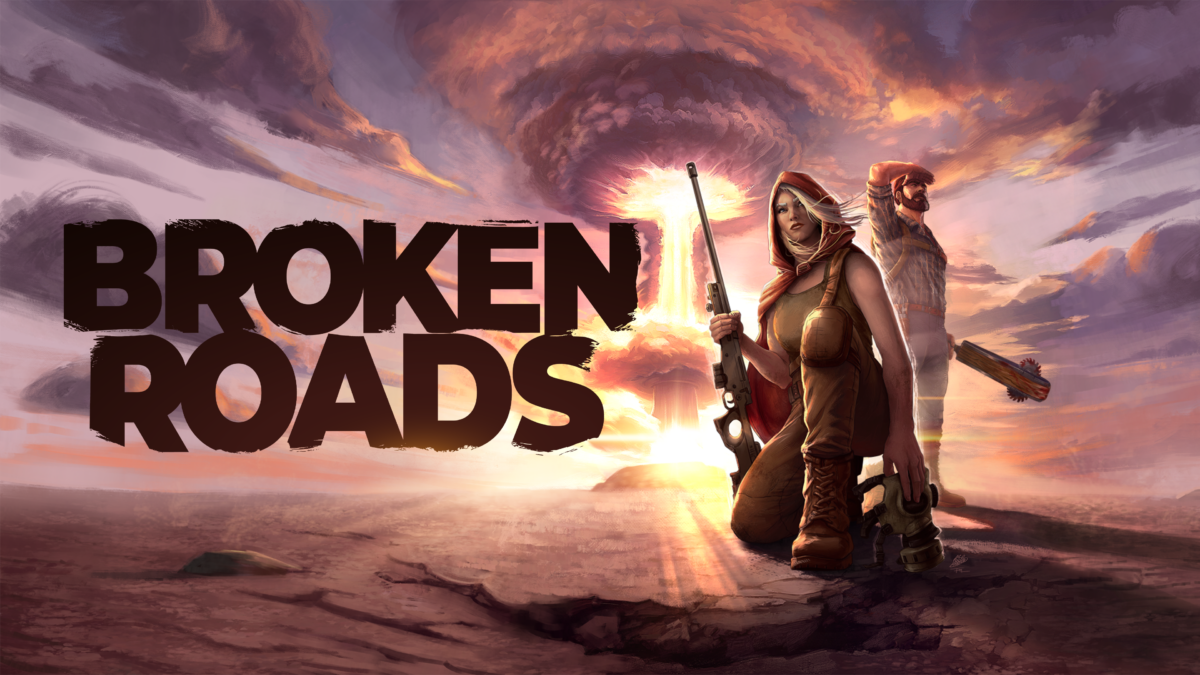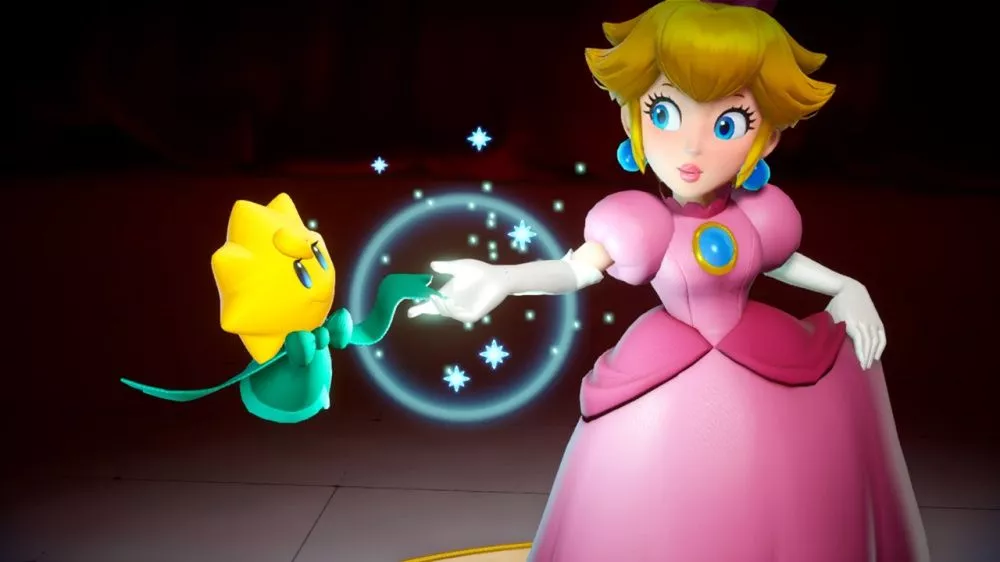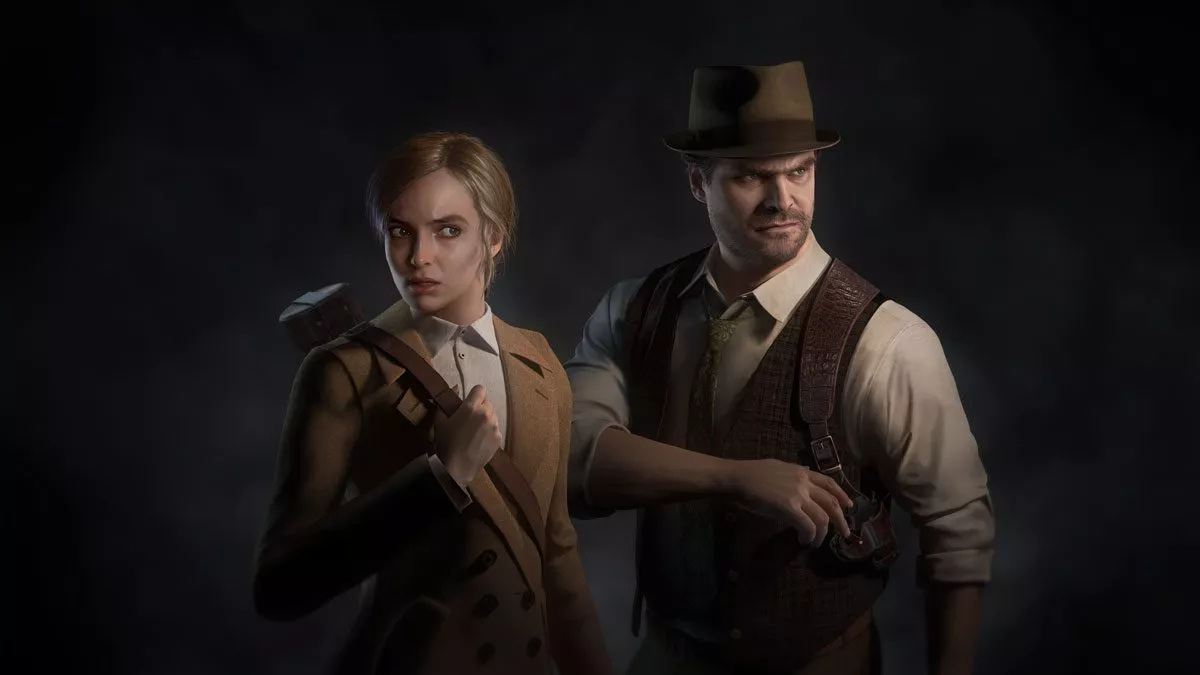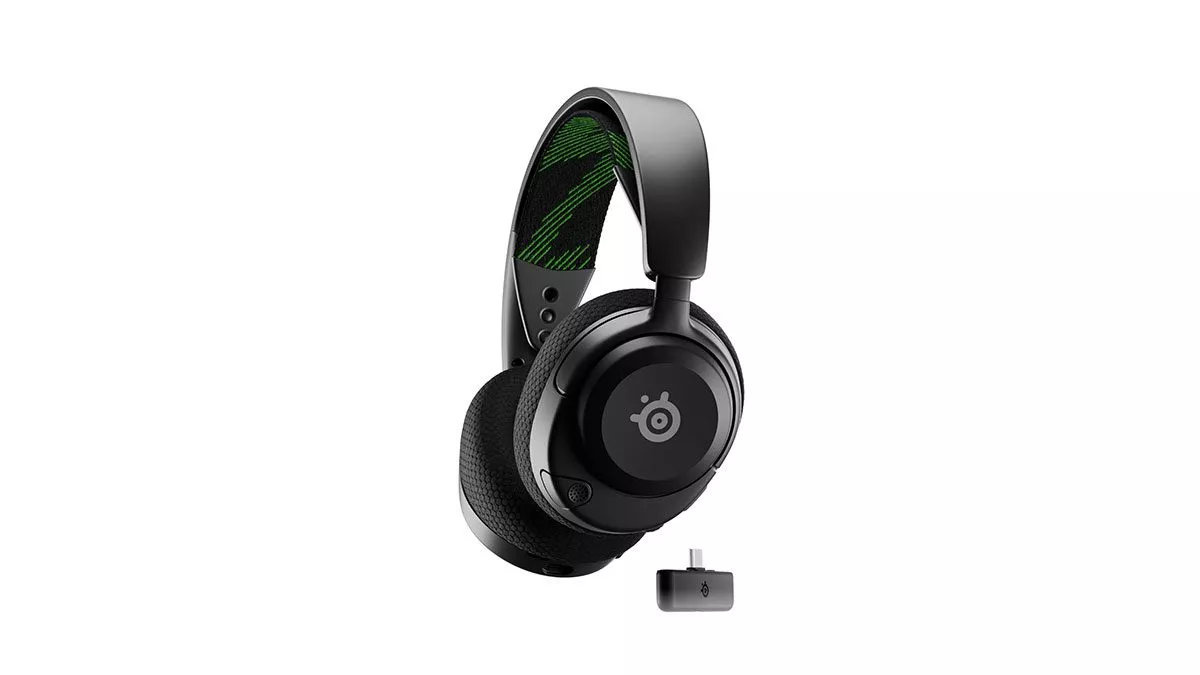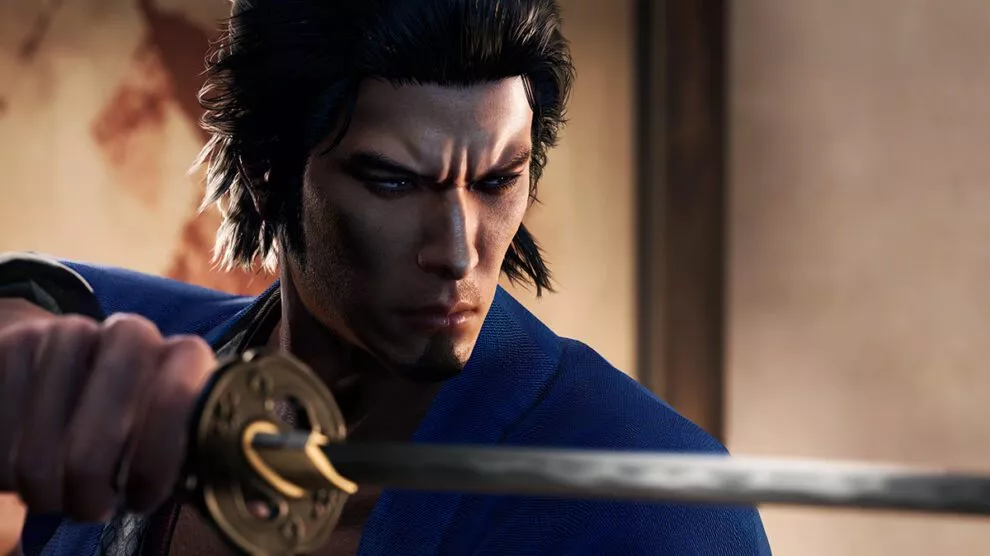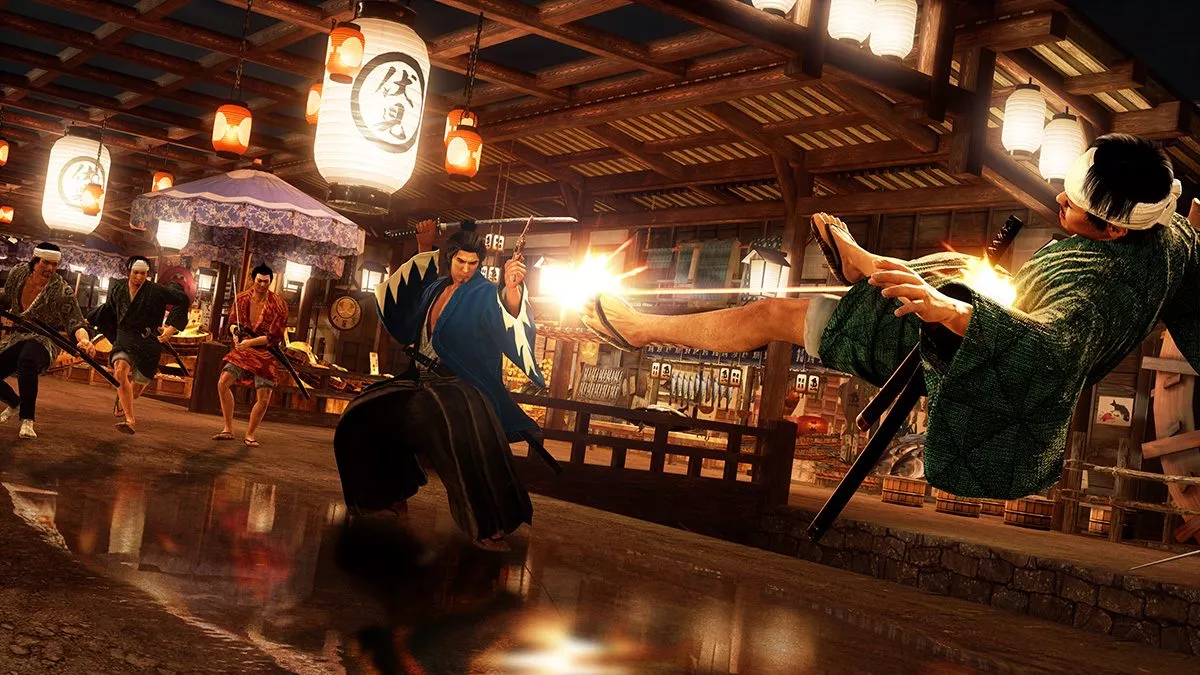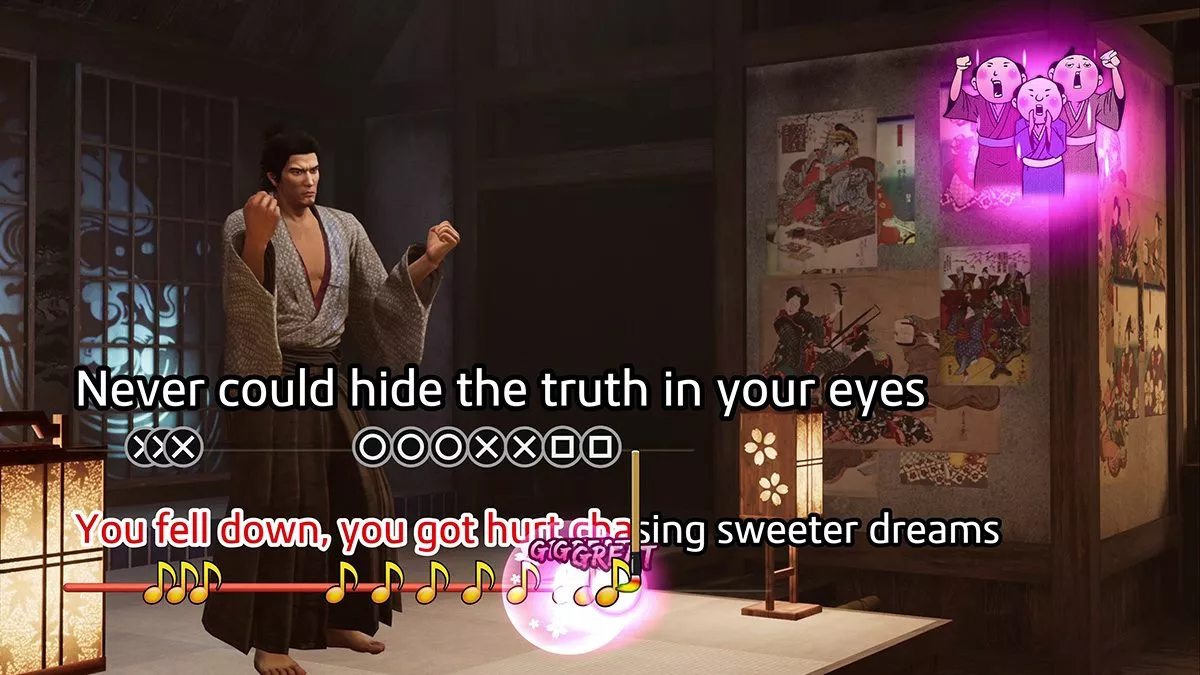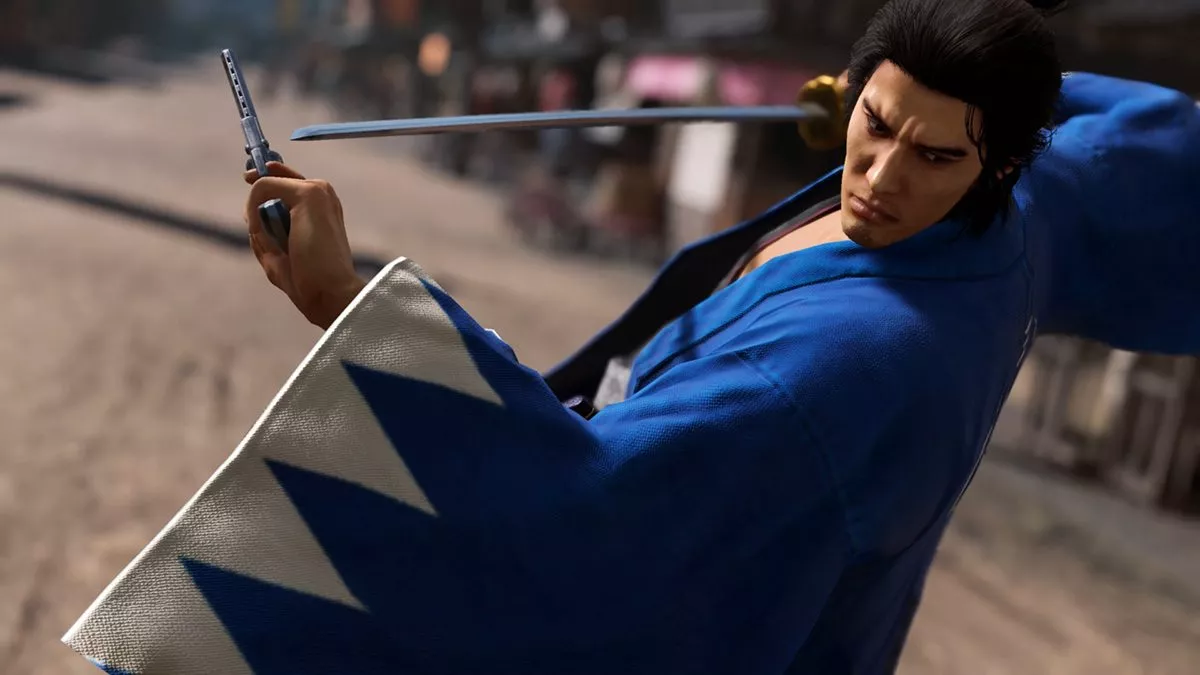In different places, like 1860s Japan.
In the past few years, the Like A Dragon series (formerly known under the title Yakuza) has taken off in Western markets like nobody’s business. Yakuza Like A Dragon was beloved by new players (and most returning ones) for uniting the series’ classic gang warfare storytelling with RPG mechanics, while the Judgment games carried the banner of the original brawling combat with a new detective protagonist. Thanks to the warm welcome the series received, we’re about to be inundated with new titles over the next year or so, kicking off with Like A Dragon Ishin.
Ishin is one of the early-series spin-offs that never made it outside of Japan; the original version was a Japanese launch title for the PS4 back in 2014. Unlike the rest of the mainline series’ ongoing continuity, Ishin takes us back in time to the 1860s, the end of Japan’s Edo period. After the arrival of the Black Ships from the West, Japan is in a period of unrest as it adjusts to the influence of foreign peoples, technology and cultures. While some welcome these new arrivals as a way to help the country move forward into the future, there is a strong anti-foreigner sentiment among the common people who resent the changes happening to their culture.
In the midst of this seachange, we find ourselves in the shoes (or rather, geta sandals) of one Sakamoto Ryoma, a samurai with a surprisingly Kazuma Kiryu-looking face. After his father figure is murdered by a mysterious masked assassin, Ryoma finds himself falsely accused of the murder. Escaping to the big city of Kyo, Ryoma becomes a ronin (masterless samurai), assumes a false identity and sets out to find the uniquely-skilled man who killed his father and bring him to justice. Under the name “Saito Hajime”, he joins the Shinsengumi – a type of special police/militia operating on a very loose leash – to support his quest and gain access to the mysterious assassin.
Each of the story’s main characters will look familiar to players with any history with the Like A Dragon series, as all the major players are adapted versions of the characters from the mainline series. Our protagonist is a dead ringer for Kiryu (who at the game’s original release was still the headliner of the franchise), while the various Captains of the Shinsengumi wear the faces of the major players in the series’ history. Some changes have been made to modernise the cast, too – players of 2020’s Yakuza Like A Dragon will come across look-alikes for Adachi and Zhao, among others, whose roles in Ishin were originally filled by other characters from the earlier series back in 2014.
In playstyle, Ishin is also much more like Kiryu’s games as well. While you can still brawl with your fists, a samurai’s main weapon is always his sword – and for a samurai who’s willing to adapt, a western pistol too. Ryoma can use his blade for up-close encounters, his pistol to take down enemies from a distance, or utilise the Wild Dancer style that combines the two, helping you juggle larger groups of enemies with the best of both worlds. Each fighting style also has its own ability tree to unlock, letting you lean into whichever style feels the most fun to you.
This ability system does feel overly complicated at first, with its two kinds of Soul Orbs used to unlock new skills, but it quickly becomes second nature. In the early game at least, you’ll be racking up Orbs at a decent rate to experiment with each until you find your groove without feeling apprehensive about committing to one exclusively. Various side activities or subquests will always force you to use a specific style now and then, so it doesn’t hurt to spread the love around.
And speaking of subquests, have no fear – despite the historic setting, Ryu Ga Gotoku Studio’s side content remains off-the-wall bonkers. In between dramatic duels and shocking murders, you’ll find yourself grocery shopping for old ladies, inadvertently devastating the local postal system, washing dirty street cats and getting caught up in a local dance craze. The usual karaoke and dance competition minigames find a way to be time-period appropriate, and you’ll be battling random street punks as you wind your way around the city of Kyo.
On top of all this, the Another Life mode has you maintaining a farm on the side and raising an adoptive daughter named Haruka, who just happens to look exactly like Kiryu’s modern-day adoptive daughter named Haruka. The farming sim is surprisingly enjoyable, limited though it is, and ducking off to your countryside villa to fill some produce orders in between epic story moments is a great way to balance your experience of the game.
As wild as the sidestories may be, the more serious main story is equally enthralling. Ryoma’s journey to avenge his pops’ death is full of twists and turns, as new information comes to light through his investigations in Kyo. While the game is loosely based on historic events, it’s as creative with that history as the classic Yakuza games were with its depiction of Sotenbori and other almost-real analogues of our world.
Each new development in Ryoma’s journey, and the evolution of what he’s really looking for, kept me invested in learning what strange twist would come next. None of these reveals feel unearned, it’s just exciting to learn the truth alongside our square-jawed hero.
Given the dangerous weapons involved, combat feels equally serious and deadly. While the main Like A Dragon games have had swords as usable weapons, they’ve never felt THIS good – mastering and expanding your skillset with the Swordsman style was especially enjoyable, as you start to feel like an unstoppable whirlwind of pain. After an early investment netted me a powerful katana that glowed with the unearthly power of the heavens, I had great fun showing it to every thug who thought hassling the guy with a god-sword seemed like a good idea. The Trooper Cards system allows you to evolve your combat style even more, equipping different soldiers to your fighting styles for stat boosts and special moves, like chain lightning or airbending powers – you know, samurai stuff.
And given that this is a ground-up remake (the first game in the series to be built on Unreal Engine 4), Kyo is gorgeous to explore. Wandering the streets at night by the glowing light of lanterns is wonderful, as are the constantly-moving crowds of an 1800s capital city.
There is a bit of a disparity in the character models for your main cast and those used for regular NPCs, though this isn’t a new development for the series – the gap is just wider here, especially compared to the high quality facial-capture used for newer cast members. By comparison, Kiryu’s face feels like a brick-shaped caricature in a world of real people… but after this long by his side, it only makes me love him more.
While it definitely departs from the usual formula for the series, Like A Dragon Ishin is undoubtedly worth your time. While this isn’t a story of true history, the game is happy to educate you on Japanese culture of the time – a helpful Glossary option will pop up for many terms unfamiliar to an English-speaking audience, so you’ll be able to tell your joshi from your goshi and shishi – and suddenly, Final Fantasy XIII’s naming conventions make a lot more sense. Becoming a badass, unstoppable samurai seems only right for someone who looks like Kiryu, and the story will keep you guessing to the end. Also those cucumbers are almost ready to harvest, so don’t forget to stop by the villa soon.
Like A Dragon Ishin was reviewed using a promotional code on PS5, as provided by the publisher. Click here to learn more about Stevivor’s scoring scale.
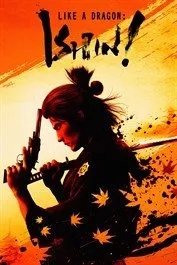 |
Like A Dragon Ishin21 February 2023PC PS4 PS5 Xbox One Xbox Series S & X
|
This article may contain affiliate links, meaning we could earn a small commission if you click-through and make a purchase. Stevivor is an independent outlet and our journalism is in no way influenced by any advertiser or commercial initiative.


